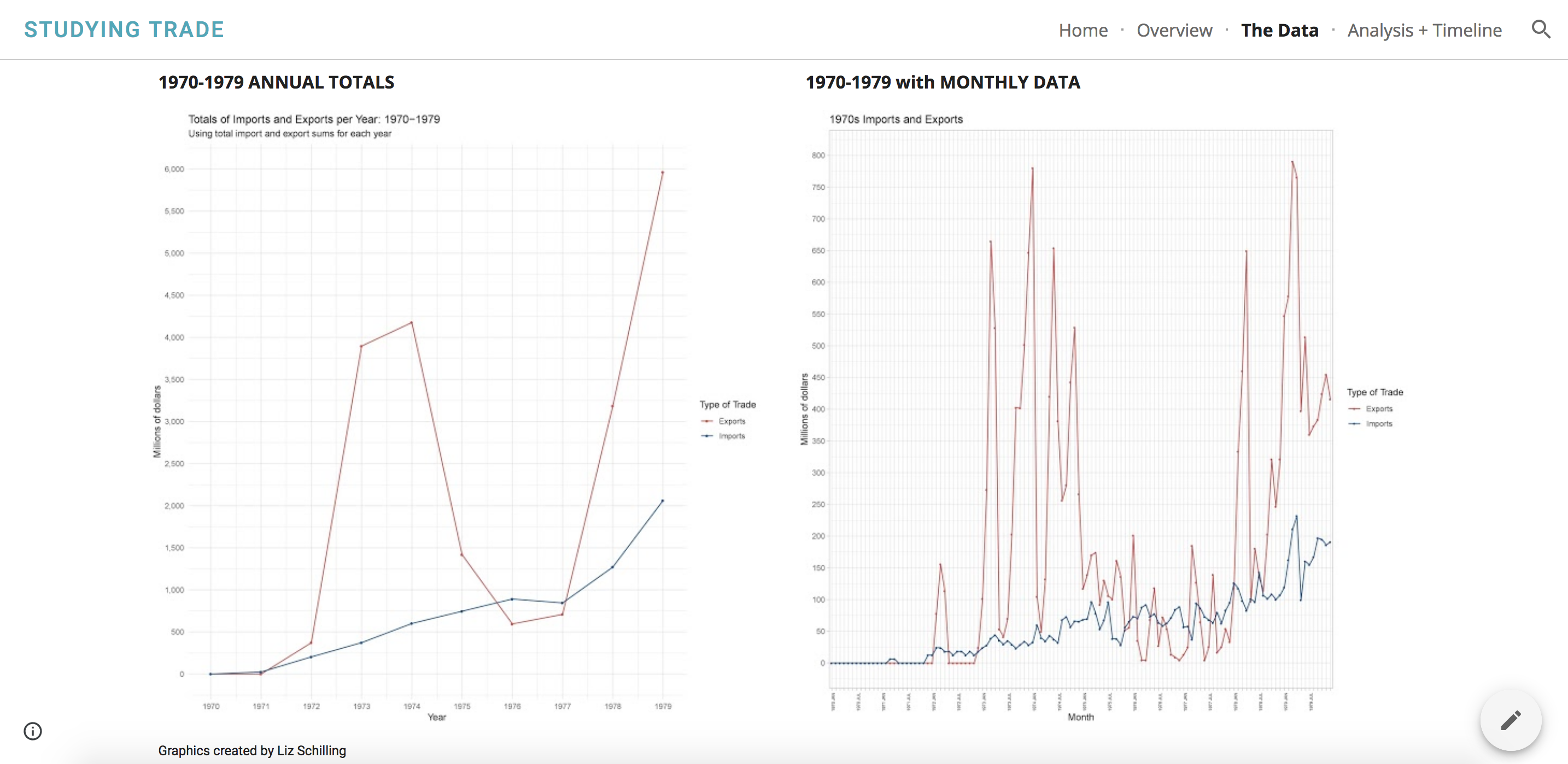Last Friday, Duke Professor and Bowdoin Alum Chris Bail came to campus to give a talk about his work with political polarization as part of the Duke Polarization Lab. Bail discussed his research on social media’s role in the increasing polarization in the United States. Bail noted that since 2012, the majority of Americans have disliked the opposing party more so than they like their own political party, which Bail suggests is alarming and potentially harmful to the functionality of a democratic system. Bail and other researchers at the Duke Polarization Lab aimed to curb this polarization online. An early idea that the group tested was trying to expose people to views online that were contradictory to their own to see if preventing online echo chambers might help to bridge the growing divide. The team had people participating in the study take initial surveys about their political views, then had participants follow Twitter bots that posted content that was progressively more contradictory to the participant’s. At the end of the study, the participants took the same survey to see how, if at all, their political views had changed. To the researchers’ surprise, participants consistently became even more polarized by the end of the study.
These results initially stumped the researchers, even after considering 109 different variables like age, gender, socioeconomic status, and many more. However, Bail theorized that seeing these opposing viewpoints may have stirred a dormant political ideology in the participants. Bail gave an example of a subject in a follow up study who was a 63-year-old woman in upstate New York. In interviews with the subject, Bail realized that despite regularly voting Democrat, she held a number of personal views that were more conservative. Bail also noted that regardless of her views, the subject was quite disinterested in politics in general. Given this, Bail thought that this subject might go against the pattern of further polarization after exposure to opposing viewpoints. However, even this subject became more polarized after following the Twitter bot, and even engaged in her first ever political debate online during the study. This led Bail to his hypothesis that in the case of subjects like this woman who was rather apolitical, the inclusion of opposing viewpoints in their feeds can inspire them to get involved and take firmer positions in their political ideas.
Though it might be concerning that breaking echo chambers was counterproductive in reversing polarization, Bail finished his talk with a discussion of some methods that have shown promise. For instance, Bail suggests that platforms with anonymity might be effective in having productive conversations with members of opposing parties. In a more recent study, subjects were asked to test a social media platform where users anonymously discuss divisive issues with another person whose political beliefs are opposite of their own. The results of this study were very promising, and exit surveys revealed the subjects from both sides of the political spectrum on average came away with less polarized views. Bail suggests that anonymity works to promote productive conversations because when identity is removed from the equation, users feel they can express their personal opinions without fear of how the views would affect their social standing among their peers. However, Bail acknowledges that anonymity is something of a double-edged sword, as some users might feel comfortable sharing especially problematic views and engage in hate speech. Along with anonymity, Bail pointed to other possible solutions, like reversing the incentive structures so that extreme posts – which generate a lot of interaction due to their controversial nature – are not as prevalent in users’ feeds. Nonetheless, Bail’s talk highlighted some of the serious real-world implications that social media can have, and Bail emphasized that there is still much more to learn. To find out more about Bail’s work and the work of the Duke Polarization Lab, check out their website, the free content available on their summer institute page, or read Bail’s recently published book Breaking the Social Media Prism.
